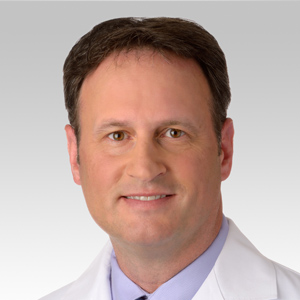Is Cracking Your Back Bad for You?
Insight from an orthopaedic chiropractor.
Updated October 2023
Do you crack your back? Sometimes there is nothing more satisfying than the release of tension followed by that little “pop.” But as great as it might feel, back adjustments are best left to medical professionals. By cracking your own back, you can make back issues worse and cause more pain, muscle strain or injury.
Knowing the cause of your pain or tightness is important.— David W. Flatt, DC
The popping noise you experience when cracking your back comes from pockets of gas from synovial fluid — liquid between your joints that helps your joints move smoothly and cushions your bones. The urge to crack your joints likely comes from your joints being out of alignment or restricted in their movements, which impacts the surrounding area.
“When joint restrictions exist, it’s common that surrounding muscles will tighten around that region, which unfortunately increases the stiffness,” explains David W. Flatt, DC, an orthopaedic chiropractor at Northwestern Medicine.
The motion of cracking your back will release that tension, resulting in a pleasant sensation. However, cracking — or adjusting — your back incorrectly can cause additional problems or make existing ones worse.
Forcefully and incorrectly adjusting your spine can lead to:
- A pinched nerve
- Joint inflammation
- Muscle or ligament strain
- Blood vessel injury
- A herniated disc
A certified or well-trained medical professional can better determine how to adjust your spine with the right amount of force, without causing additional damage. They can also address any issues you might have. In the meantime, you can relieve back pain by using cold and heat packs on the area.
"If your back feels tight or is painful regularly, you should seek medical care,” says Dr. Flatt. "Knowing the cause of your pain or tightness is important for getting treatment that is right for you."






